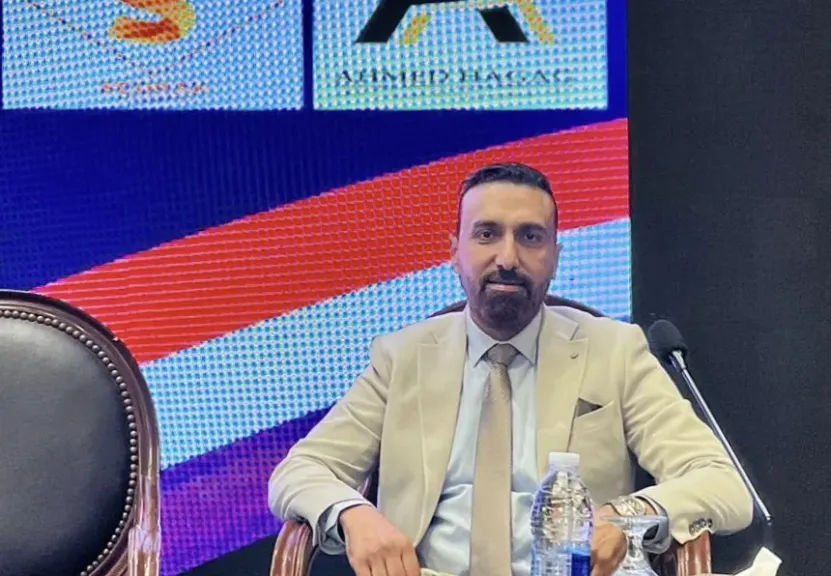Hani Teleb Unveils Integrated Tax Strategy to Boost Competitiveness and Sustainability

The Ninth Annual Economic Conference of the Scientific Association for Tax Legislation, held under the patronage of Minister of Finance Ahmed Kojak, featured the presentation of an extensive research study titled «A Tax Strategy Supporting Competitiveness and Sustainability» by Counselor Hani Teleb, Certified Public Accountant and Executive Partner at HT Accounting. The study delivered a comprehensive vision for tax reform aimed at strengthening the competitiveness of Egypt’s economy and advancing financial, economic, and environmental sustainability.
During his presentation on Saturday, Teleb emphasized that tax policy plays a pivotal role in building a resilient and sustainable economy capable of navigating global transformations. He noted that the effectiveness of the tax system has become a fundamental requirement for improving the business climate, attracting investment, and enhancing economic growth.
The research highlighted a significant gap between the state’s legislative ambitions and the operational reality within the tax administration, outlining several key challenges facing the current tax system, including:
Complex tax legislation and multiple executive regulations, leading to inconsistent implementation and lack of clarity for taxpayers.
Frequent amendments to tax laws, creating legislative instability and affecting investment decisions.
Limited effectiveness of existing investment incentives and the absence of regular evaluations of their impact on strategic sectors.
The expansion of the informal economy and the difficulty of integrating it into the formal production cycle.
Digital transformation challenges within the Tax Authority and delays in implementing new electronic systems.
Gaps in governance and oversight, lack of a clear performance measurement framework, and declining trust between taxpayers and the tax administration.
Teleb proposed an integrated strategy built on three main pillars:
1. Enhancing Competitiveness
This pillar aims to create a more investment-friendly tax environment by:
Unifying and simplifying tax legislation through a single comprehensive law covering direct and indirect taxes.
Stabilizing core tax rules to reduce frequent amendments, ensuring clarity and long-term predictability for investors.
Redesigning investment incentives based on measurable returns, directing them toward productive sectors such as technology, manufacturing, and clean energy.
Improving the business environment through streamlined procedures and greater transparency in taxpayer-administration interactions.
2. Achieving Financial and Environmental Sustainability
This pillar seeks to strengthen tax fairness and improve revenue efficiency without placing additional burdens on the private sector by:
Integrating the informal economy using incentive-based mechanisms, e-invoicing, and registration benefits.
Restructuring tax brackets and broadening the taxpayer base.
Diversifying revenue sources through green taxes and encouraging environmentally sustainable activities.
Allocating revenues to support key social sectors such as education, healthcare, and infrastructure.
3. Governance and Digital Transformation
This pillar focuses on enhancing transparency and effective oversight by:
Activating the Higher Council for Taxes to lead policy formulation and supervise implementation.
Developing a unified digital platform covering all taxpayer interactions, from filing to audit and payment.
Leveraging artificial intelligence in risk management and in identifying priority tax audit cases.
Upgrading human capital through specialized training programs based on international standards.
Strengthening trust between taxpayers and the Tax Authority through clear mechanisms for complaints, appeals, and electronic auditing.
Teleb also called for imposing environmental taxes on high-carbon activities and offering tax incentives to companies adopting environmental sustainability standards and obtaining green certifications.
He concluded by stressing that building a fair, efficient, and stable tax system is a cornerstone of Egypt’s Vision 2030. The success of tax reform, he noted, will directly influence economic growth, investment inflows, and sustainable public revenue generation.
